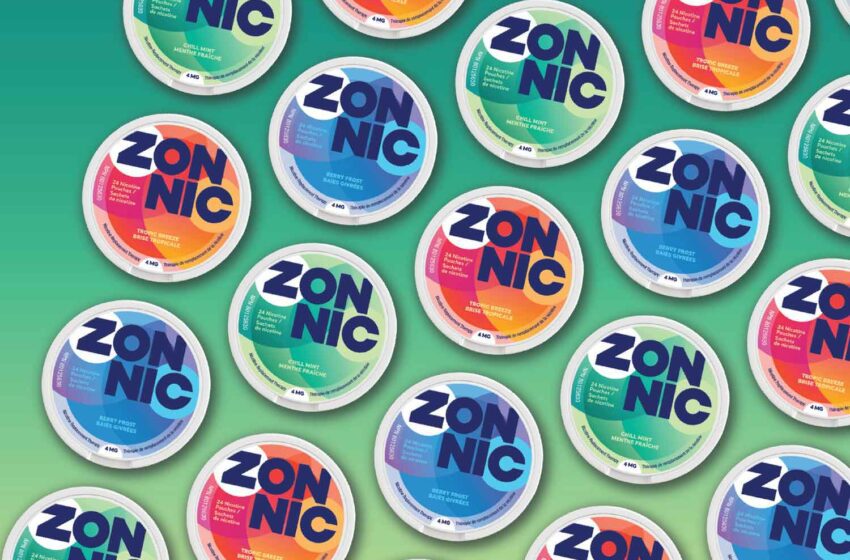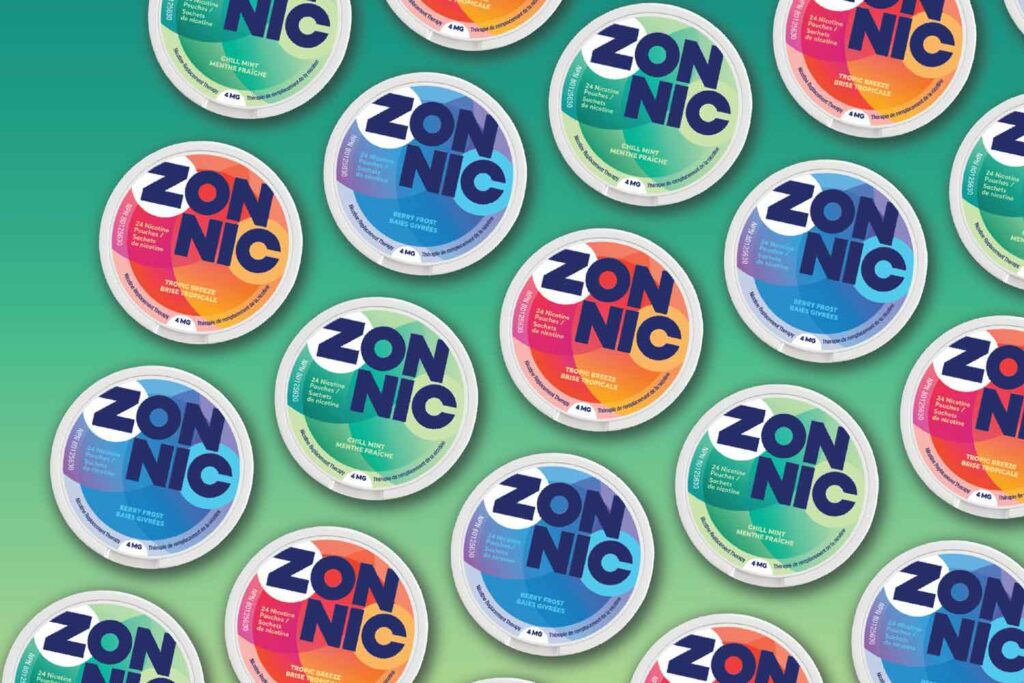
RLX Technology entered into two share purchase agreements with two target companies and their respective shareholders with a total consideration of approximately $25 million. The entry of the share purchase agreements for business acquisitions and the transactions contemplated thereunder have been approved by the company’s board of directors and audit committee.
Each of the two target companies is a market leader in the vapor industry in their home countries, located in Southeast Asia and North Asia, respectively, RLX wrote on its website. The transactions contemplated under the share purchase agreements for business acquisitions are expected to facilitate the company’s international expansion in Southeast Asia and North Asia. The company also plans to continue its overseas expansion in the future.

















